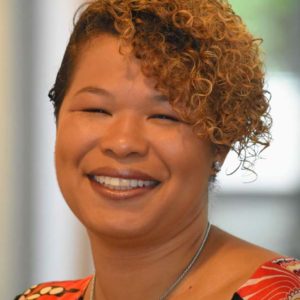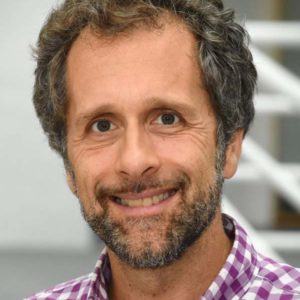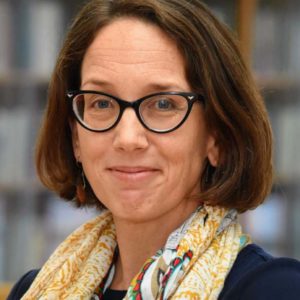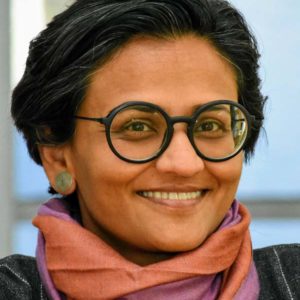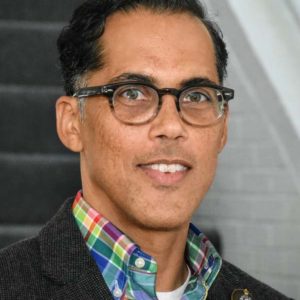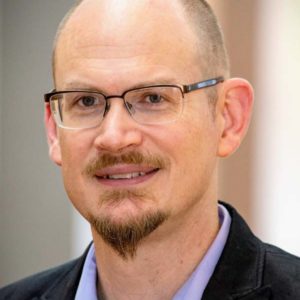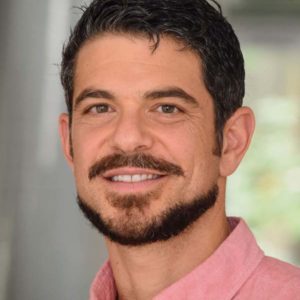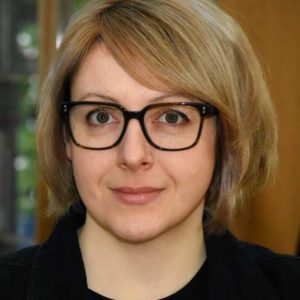
Mar Hicks, “The Meta-Narrative of the Machine: Computing and Social Inequalities in Great Britain”
In the popular imagination, computers are not only superior to humans in speed and accuracy, but they do their work free from prejudice, treating users equally without regard to race or gender. Fellow Mar Hicks, associate professor of history at Illinois Institute of Technology, is helping complicate our understanding of how computers shape our world as she works this year on a new book exploring how technological systems in Great Britain continue to perpetuate social inequalities.
